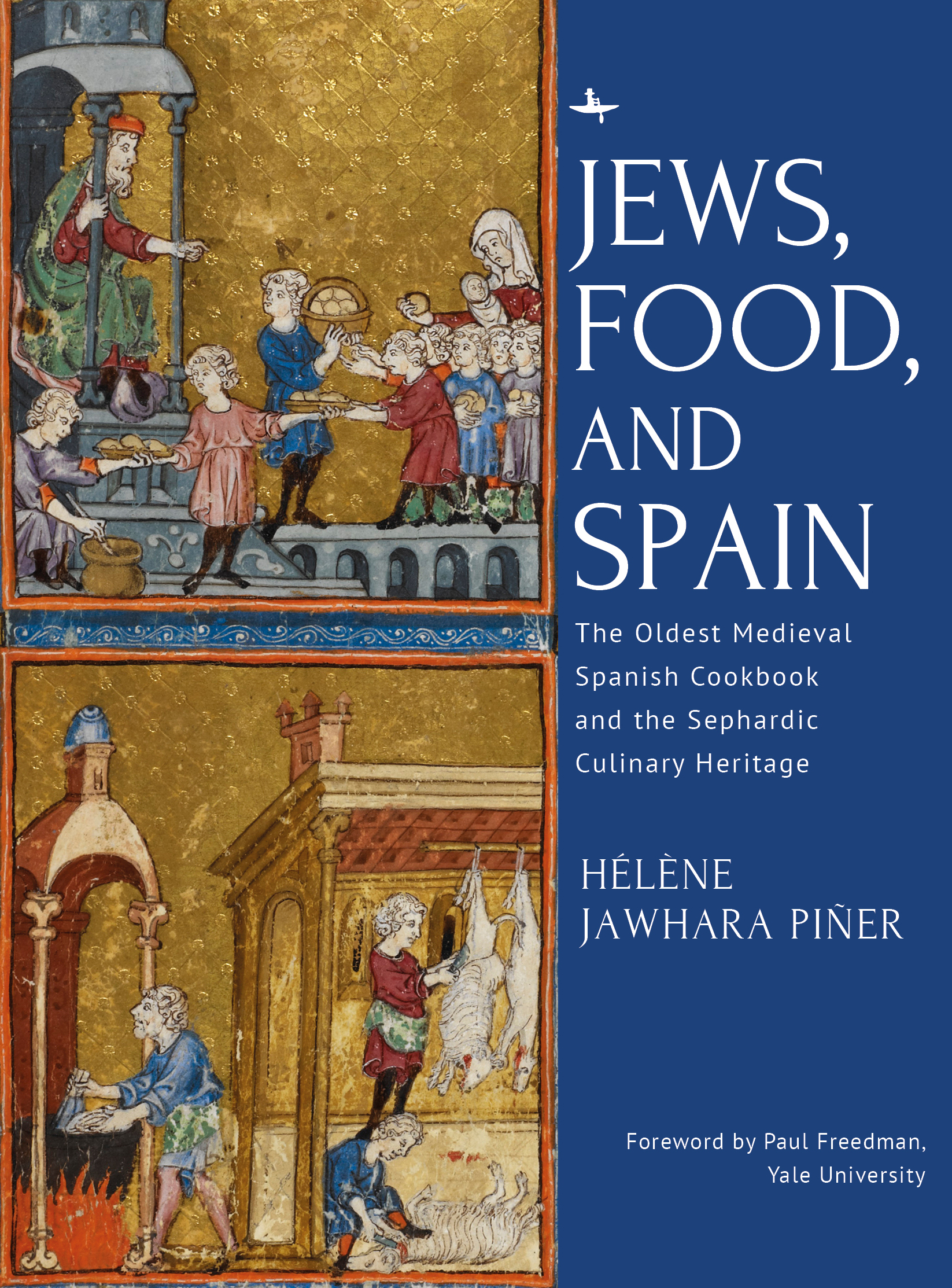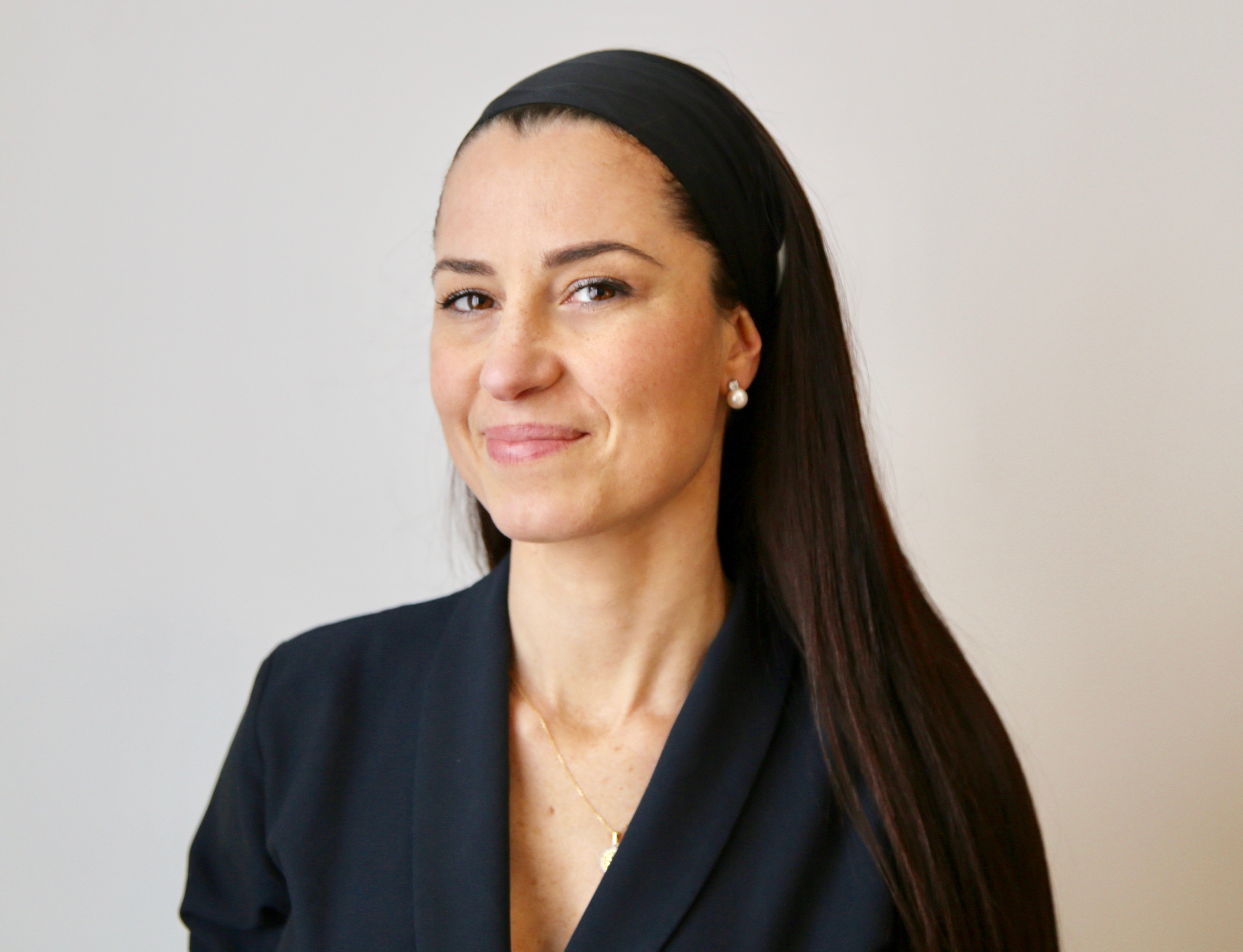Event
The Jewish Recipes Within a 13th Century Andalusian Cookbook in Arabic
27th Annual Silvers Visiting Scholar in Jewish Studies
Hélène Jawhara Piñer
The 27th annual Silvers Visiting Scholar lecture in the Jewish Studies Program at Penn will be given by Hélène Jawhara Piñer from the University of Tours, with the enthusiastic support from a variety of programs and departments at Penn: Near Eastern Languages and Civilizations; Spanish; French and Francophone, Italian, and Germanic Studies (FIGS); and Global Medieval and Renaissance Studies, Religious Studies, History.
This event will be in-person with a virtual option. Register for online.

There is nothing incongruous about studying Jewish recipes from a modern-day cookbook. Studying Jewish recipes from a medieval cookbook is utterly incongruous. Indeed, the dominant-dominated relationship and their respective practices—including food ones—implies considering religion as a tool of power, reflecting a given social and political context. Therefore, the recipes and culinary habits that are revealed to us are just as meaningful as those that are hidden.
The historiography draws attention to a complex situation in the Iberian Peninsula under Muslim rule since the twelfth century. In a context marked by difficult cohabitation and forced conversions, the Kitāb al-ṭabīẖ (“The cookbook” in Arabic) appears as a unique “Witness” on complex realities. It is the oldest culinary cookbook from the Iberian Peninsula to reach us, and it dates back to the thirteenth century. It is also the oldest source in the world that refers to explicitly Jewish recipes. The Kitāb al-ṭabīẖ offers a double characteristic as well: a logical structure with dishes divided by categories, and an original culinary profile reflecting territorial multiculturalism. Consequently, embracing Jewish recipes in a cookbook written under an unfriendly context is, in this instance, totally incongruous.
The combination of a cuisine and a religion is unique and exists only in Jewish cuisine. It is this relationship between history and identity that the Kitāb al-ṭabīẖ reveals through recipes explicitly referred to as “Jewish.”
In such a context, one could wonder about the place of the Jews in the cuisine of Al-Andalus under Almohad domination. Why are there explicitly Jewish recipes in this cookbook written in Arabic? Are these Jewish recipes different from the other recipes of the cookbook? And so, what about the “non-Jewish” recipes of the Kitāb al-ṭabīẖ?

Hélène Jawhara Piñer holds a doctoral degree in Medieval History and the History of Food. She has lectured at Bar-Ilan University of Tel Aviv, the Hebrew University of Jerusalem, the Casa de Velázquez of Madrid, the Weitzman national museum of Philadelphia. She was awarded the Broome and Allen Fellowship of the American Sephardi Federation (ASF) in 2018 and the David Gitlitz Emerging Scholar Prize of the Society for Crypto-Judaic Studies in 2021.
She is a research associate of the Centre for Advanced Studies in the Renaissance (UMR 7323 of the French National Center for Scientific Research). Dr. Jawhara-Piñer’s main research interest is the medieval culinary history of Spain through inter and multiculturalism, with a special focus on the Jewish culinary heritage until the early modern period.
Her articles are published in various international revues like Meldar of the University Pablo de Olavide (Sevilla, Spain), Ladinar of the University of Bar-Ilan (Tel-Aviv, Israel), eHumanista of the University of California (Santa Barbara, USA), Conceφtos (University of Bordeaux-Montaigne, France). Since 2022, she is a member of the Foodish Advisory Board of ANU Museum (Tel Aviv, Israel).
She is the author of the historical cookbook Sephardi: Cooking the History. Recipes of the Jews of Spain and the Diaspora from the 13th century to Today, which relevance has been highlighted by the Los Angeles Times, El País and the Jewish Book Council. It has also been translated into Spanish Sefardí: Cocinar la historia. In 2021, the Gourmand World Cookbook Awards Prize awarded her for Best Jewish Cuisine Book for “Sephardi.”
She also published an academic book Jews, Food and Spain. The oldest Medieval Spanish cookbook and the Sephardic culinary heritage whose foreword is written by Paul Freedman (University of Yale). This book was finalist of the Jewish Book Awards in the “Sephardic Culture” category, in 2023.
Website: www.helenejawharapiner.com
Instagram: @helenejawharapiner
Twitter: @Helene_J_Piner
The Silvers Visiting Scholar Program is endowed by David, C’71, and Patricia, CW’72, Silvers.
